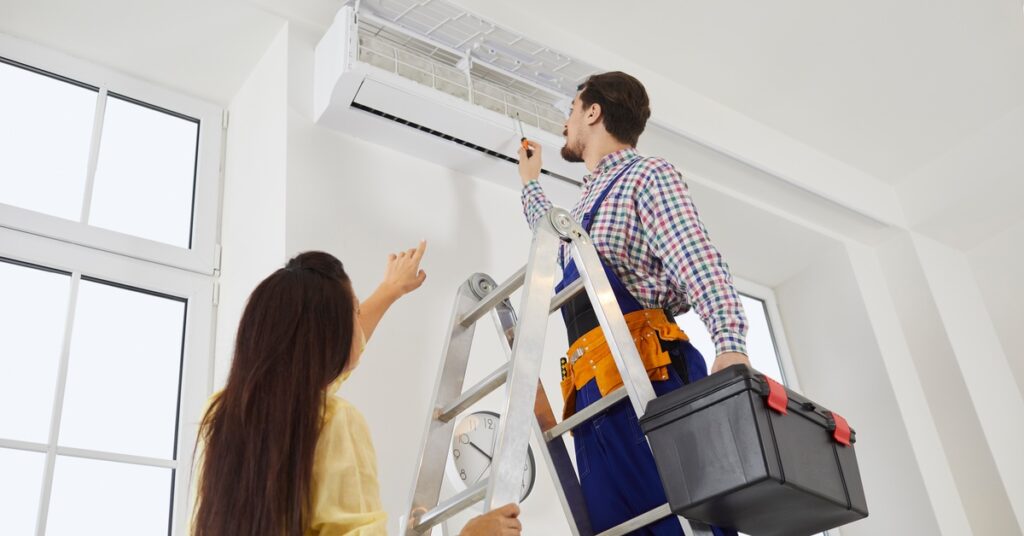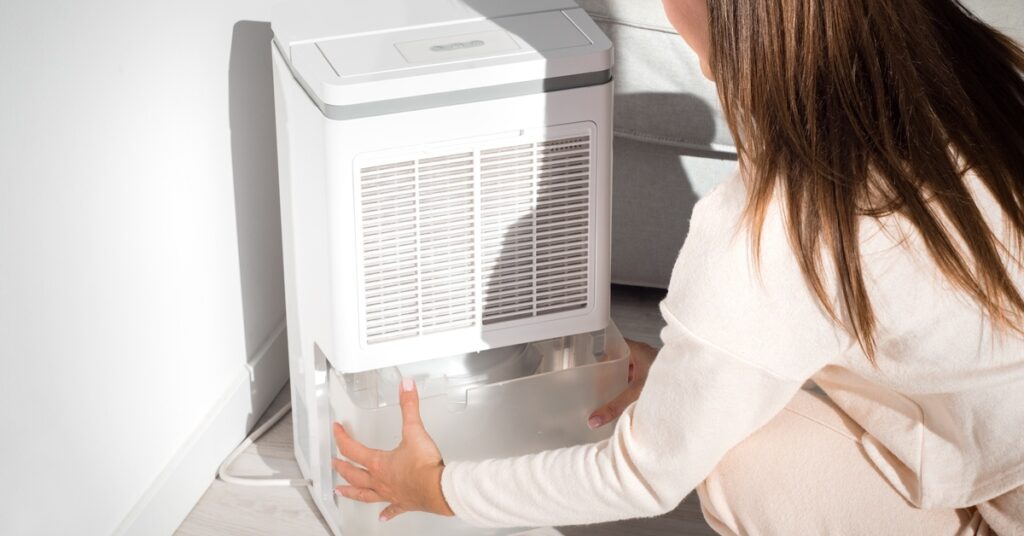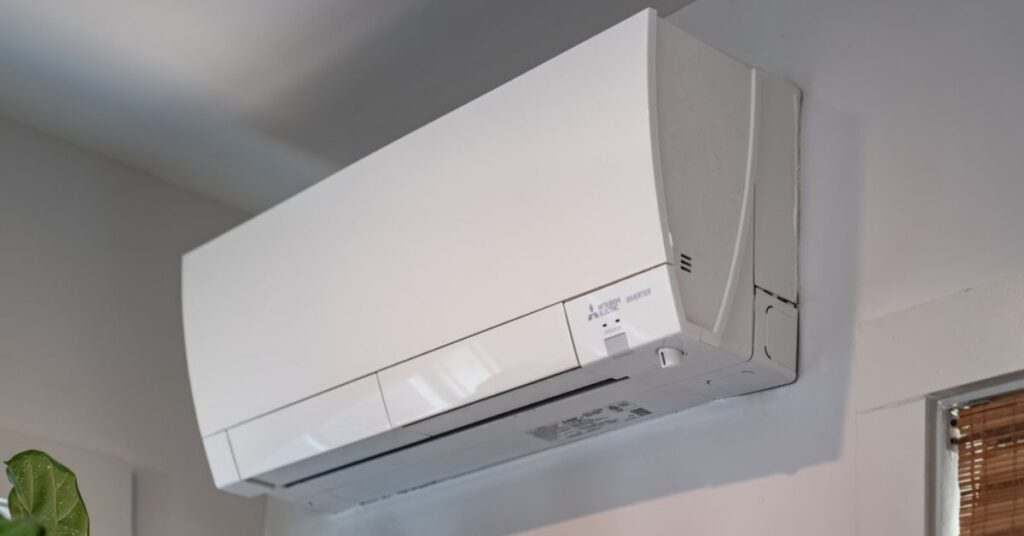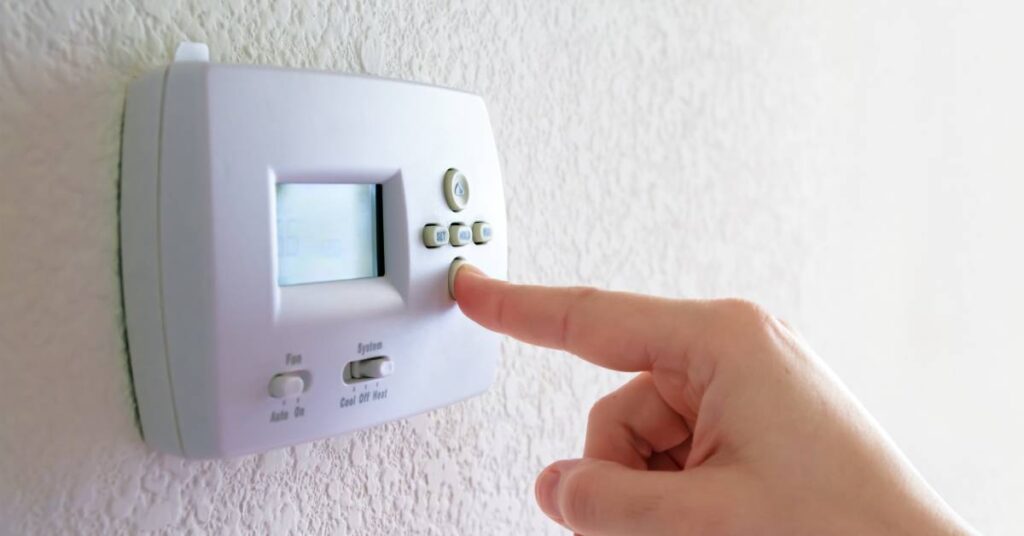
Humidity plays a role in the comfort of your living environment. While we often think of temperature as the primary factor in home comfort, humidity can affect how comfortable your home feels and how your HVAC system operates.
Too much or too little humidity could cause high energy bills or even respiratory problems. By understanding how humidity affects your HVAC system and home comfort, you can make informed decisions to maintain a healthy home environment.
How Humidity Affects HVAC Systems
The HVAC system regulates your home’s temperature, but humidity can complicate the process. If the humidity levels are too high, it can put additional strain on your system. These problems can compromise the effectiveness and lifespan of the system, leading to a costly repair down the line.
Reduced Efficiency
High humidity levels force your HVAC system to work overtime. This can reduce the system’s efficiency, making it harder to maintain a consistent indoor temperature. During humid summers, your air conditioner faces the dual challenge of cooling the air and removing excess moisture. If your HVAC has a heat pump system, keep it in cooling mode during summer to prevent additional strain.
Shorter Lifespan
An overworked HVAC system will likely experience excessive wear and tear. Humidity can force your system to run longer and work harder, causing its components to degrade quickly. Compressors, coils, and motors are vulnerable to overuse, especially when humidity levels are high. Over time, this can lead to frequent breakdowns and shorten the lifespan of your HVAC system.
Increased Energy Consumption
Humidity can cause your HVAC system to run ineffectively and for long periods. When your HVAC works harder to remove moisture in the room due to humidity, it can often result in higher energy consumption and inflated energy bills. Furthermore, during periods of peak energy use, prolonged operation puts additional pressure on the local energy grid, contributing to elevated energy costs across the board.

How Humidity Affects Home Comfort
It’s not just your HVAC system that suffers from humidity imbalance. Humidity also affects the comfort of your home. The average temperature in your home is directly tied to how much moisture is in the air. Here are some of the effects that high or imbalanced humidity can have on your home.
Increased Discomfort
High humidity can make high temperatures feel even hotter. Moisture-laden air slows down the evaporation of sweat, which is your body’s natural cooling mechanism. If your body cannot naturally cool down on its own, you might feel overheated despite the even temperature in your home. On the other hand, low humidity during colder months can create an uncomfortably dry environment. A cold and dry environment may cause skin and throat irritation.
Greater Risk of Developing Respiratory Illnesses
You shouldn’t have to worry about your health and well-being at home. However, humidity imbalances in your home may negatively impact your health. When humidity is too high, it can foster allergens like dust mites and pollen, which may trigger respiratory issues, asthma, or allergies. This is especially common during allergy-heavy seasons like spring and fall.
The same goes for low humidity levels, which can dry out your nasal passages during periods of cold weather, leaving you more susceptible to developing colds and sinus infections. You should maintain a good balance of humidity in your home to protect your well-being.
More Potential for Mold and Mildew Growth
Basements, kitchens, and bathrooms are particularly prone to humidity and dampness. Excess moisture in these areas makes them a perfect environment for mold and mildew to thrive. These fungi can compromise your home’s structural integrity by breaking down foundational materials and weakening the framework.
Mold and mildew release spores into the air that can negatively affect your health. These airborne spores degrade indoor air quality and pose risks to individuals with asthma, allergies, or weakened immune systems.

How To Manage Humidity in Your Home
Maintaining balanced humidity levels in your home is essential for optimizing your HVAC system’s performance and staying comfortable indoors. When humidity levels are too high, your HVAC system works harder to remove excess moisture from the air, leading to greater strain, reduced efficiency, and increased energy consumption.
On the other hand, low humidity can cause discomfort, dry indoor air, and damage to wooden furniture or flooring. When managing the humidity levels in your house, aim for a humidity level between 30 and 50 percent.
Use a Dehumidifier
If you live in an area with high humidity, investing in a dehumidifier can enhance your home’s comfort and the efficiency of your HVAC system. A dehumidifier removes excess moisture from the air, reducing strain on the air conditioner while balancing the indoor environment.
Standalone dehumidifiers are excellent solutions for targeted issues, particularly in damp spaces like basements. However, if high humidity affects your entire home, consider investing in a whole-home dehumidifier for a more comprehensive solution. Many whole-home units can integrate directly with your HVAC system, providing consistent humidity control throughout the entire house.
Maintain the Heat Pump
Regular maintenance of your HVAC system is essential for controlling humidity. Inspect the heat pump and air conditioner routinely for excess moisture. Schedule regular professional check-ups to address potential issues, such as low refrigerant levels, dirty coils, or clogged filters, that can hinder the system’s ability to manage humidity.
If you need help from heat pump specialists in Philadelphia, W.F. Smith, Inc. has you covered. Our skilled specialists are ready to assist with the installation and maintenance of your heat pump, helping you create a consistent, comfortable environment in your home throughout the year.
Take Control of Humidity Today
Humid air doesn’t have to control your comfort! By understanding how humidity affects your HVAC system and home comfort, you can take proactive steps to address the issue and prevent humidity from negatively impacting your health. Whether investing in a dehumidifier or maintaining your HVAC system, each small action creates a healthier and more energy-efficient home.
Are you ready to optimize your home’s comfort and protect your HVAC system? Contact our team at W.F. Smith, Inc. today, and take the first step toward a safer and more pleasant home.



